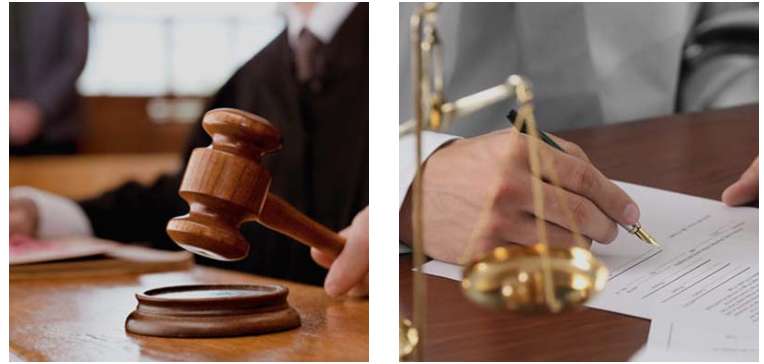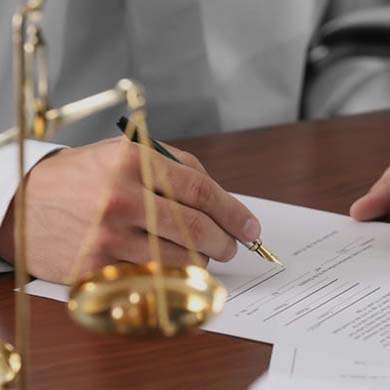File Small Claims Court in South Carolina
South Carolina is a state in the Southeastern United States and the easternmost of the Deep South. It is bordered to the north by North Carolina, to the southeast by the Atlantic Ocean, and to the southwest by Georgia across the Savannah River. South Carolina became the eighth state to ratify the U.S. Constitution on May 23, 1788. South Carolina became the first state to vote in favor of secession from the Union on December 20, 1860. After the American Civil War, it was readmitted into the United States on June 25, 1868.

South Carolina Small Claim Filing
Why do you waste your time energy after a small claim? We are here to take pain for you. We are literate enough about the Small Claims Court System. We will get your claim filed and make you free from worries. We file South Carolina Small Claim in the relevant court. We provide proof after the task is completed. Our policy provides individuals and companies peace of mind.
Suing Someone in South Carolina Court Or Being Sued?
We, in South Carolina Small Claim filing offer in case if you want to file a case against somebody, we can help by:
- Serving Your Small Claims Papers Before The Deadline.
- Serve Your Claim In Proper Legal Way for South Carolina Court.
- Fill Your Proof With The North Charleston Court.


In case you are sued, we talk to the relevant person or company to settle things down. We appeal your small claim judgment as well.
E-Filing Services inSouth Carolina
Small Claim South Carolina E-file your legal documents to South Carolina courts that accept E-Filling on your behalf.
Small Claims For Bad Cheque Or Payment in South Carolina
South Carolina Small Claim settles all money matters reliably and authentically if you are deceived in money matters.
Recent Cases Filed in South Carolina Small Claims Court
File Small Claims in North Charleston For Security Deposit
In South Carolina Small Claim, if your former landlord refuses to return the security deposited you paid, we offer our services.
South Carolina Small Claims Filing if Refusing To Pay After A Car Accident
If someone ruins your car in South Carolina and refuses to pay for its repair, you can file small claims to recover your car accident damage. Small claims filingprepares all the documents to file a small claim in South Carolina court.
Direct Legal Small ClaimService inSouth Carolina
We provide full service of handling of writs both state and federal.
Court Filling Small Claim South Carolina Services
Throughout South Carolina in the small claims, we offer services to accommodate on the same day, next day or routine service.
Who Can Sue Small Claim In Court South Carolina?
Those who can claim for Small Claim South Carolina are listed below:
- Married Couples can file small claims in North Charleston court.
- Business Partnerships can also file small claims
- Corporations can file small claims
- Government Agencies can file small claims
- Motor Vehicle Claims can be handled
- Minors can also file small claims in the court of South Carolina
- Prisoners can file small claims
- Bill Collectors can also file small claims in South Carolina
How Much Does It Cost To File A Small Claim Court, South Carolina?
There is a $30 filing fee for a case asking for up to $1500. To claim over $1500, and up to $5,000, there is a filing fee of $50. If your claim is above $5,000, the filing fee is $75. If you file more than 12 cases in a year, subsequent cases will cost $100.



